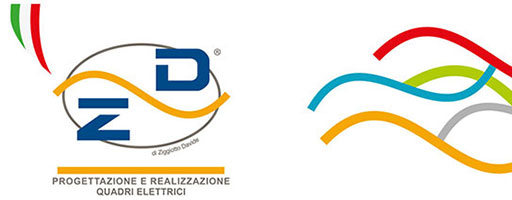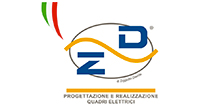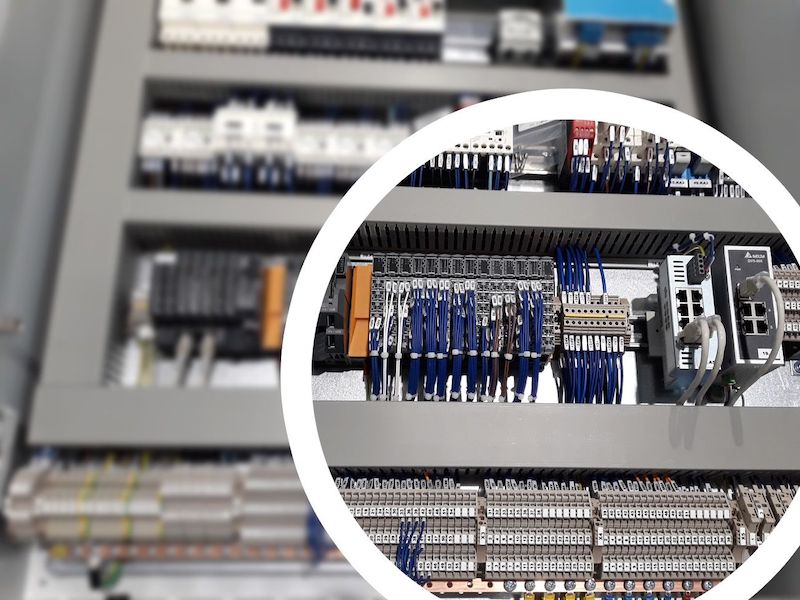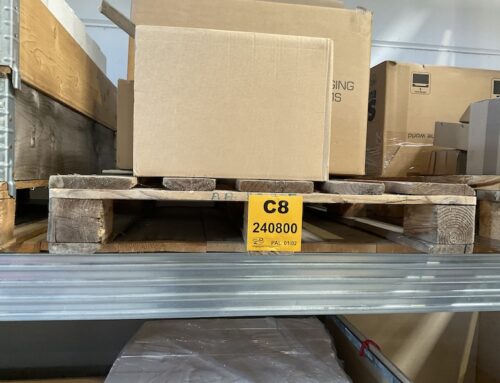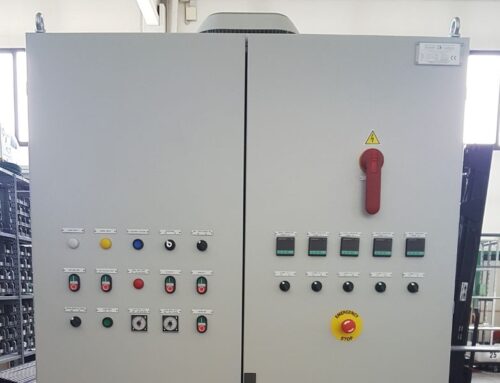Panels for industrial facilities are the bridge between man and energy and, in practice, are the part of the system which fuels the machines and tools which need to be operative in the company.
Basically, electrical panels for industrial facilities can be divided into two major types:
-
- Distribution electrical panels: systems which distribute the electrical energy towards the different infrastructures of the plant. They are built in boxes into which the configurations required by the company are installed.
- Electrical panels for automation: in these panels there are the switching and protection devices, but they can also contain others, for example: signalling, control, drives, inverters, safety relays, panels for the operators and different buttons which are, usually, positioned on the front of the panel.
This is an overview, but to understand better what panels for industrial facilities are and how they work, today we will reply to three common questions about the sector
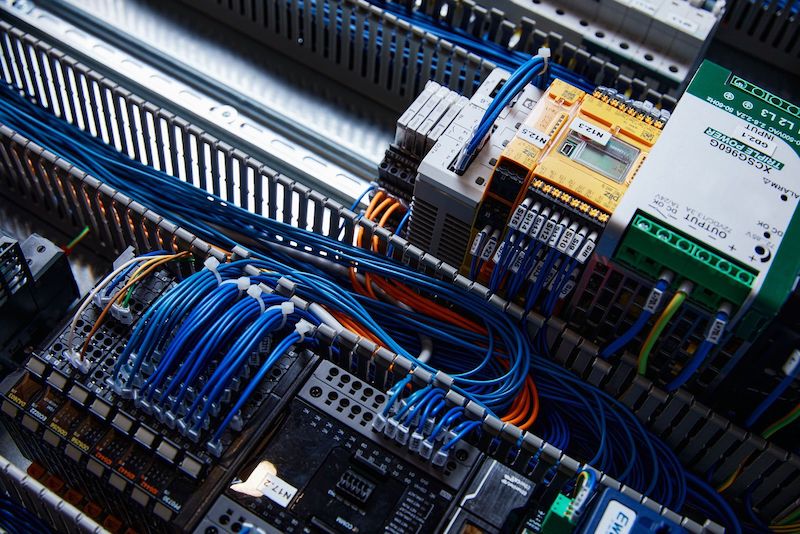
What is an industrial electrical system?
To reply to this question, let’s ‘move away’ a moment from electrical panels and go more general.
The industrial electrical system is needed namely to make the machines and equipment which must be operational in a company work.
Naturally, the system must be done to perfection, following the relevant regulations scrupulously to be functional and safe.
Every electrical system varies according to multiple factors, but there are some common elements which make them up:
- The tubes and wires, which must be made in specific materials, of specific dimensions and positioned in appropriate places
- The junction boxes, which are needed when it is necessary to send the wires out in opposite directions or, if they require them, the dimensions of the tubes.
- The panels, sockets and plugs: on electrical panels we have so much to say, whilst the sockets and plugs are known components of every electrical system.
A mention to the regulations, on which the systems of industrial plants are based and which determine the choice of materials, the position, dimensions and of course the workings.
In this case, the main regulations of reference for the electrical systems are the CEI 64-8, legislation 186/68 on execution to perfection of systems, the DL 81/08 on safety in the workplace, the DL 37/08 on the standards for the safety of installations and the legislation 791/77 on the liability of the manufacturer.
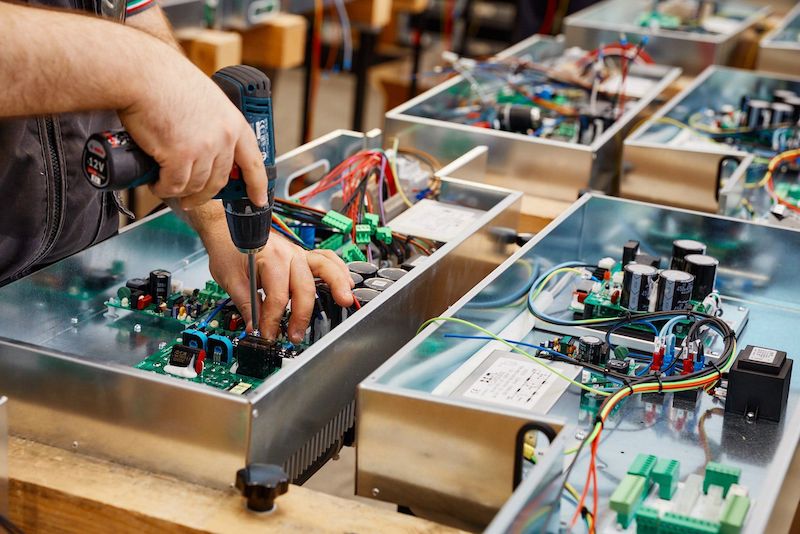
How is an industrial electrical panel made up?
An industrial panel is usually made up of an enclosure with an adequate degree of protection, from material which is most appropriate for its use and with different dimensions based on the quantity of components inside and their dimensions.
Inside the electrical cabinet there is a real ‘world’, which we have described in this article dedicated to the components of electrical panels.
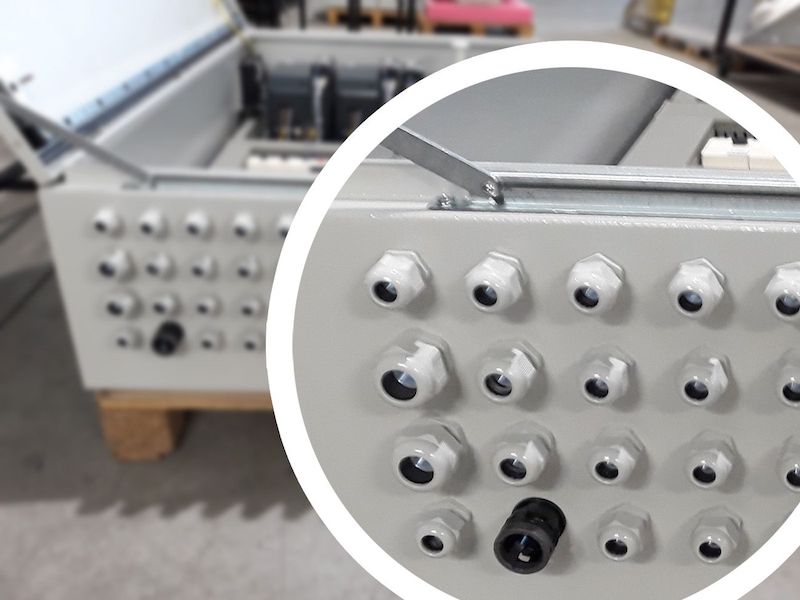
Panels for industrial systems: what are the legal regulations currently in force?
A final question about panels for industrial systems regards the relevant regulations.
As for the electrical system, the panels themselves also follow specific regulations and legislations which have the aim of:
- Guiding the design, manufacture and installation of the systems.
- Guaranteeing the safety of those who use them and the environment where they are positioned.
- Promote their functionality, their performance and their durability over time
As a base, the main regulation on industrial electrical panels is the CEI EN 61439.
Furthermore, there are other regulations in force which are the CEI 23-51 and the regulation CEI EN 60204-1.
The legislation legge 186/68 on the concept of ‘perfection’ is also to be considered.
Finally, the Dm 37/08 on the legislation for safety of the systems, the DL 81/08, on safety in the workplace and the legge 791/77 with regard to liability of the manufacturer.
Today we have made an overview of panels for industrial systems, answering three of the most common questions about this sector.
For further information about our services, contact us here.
